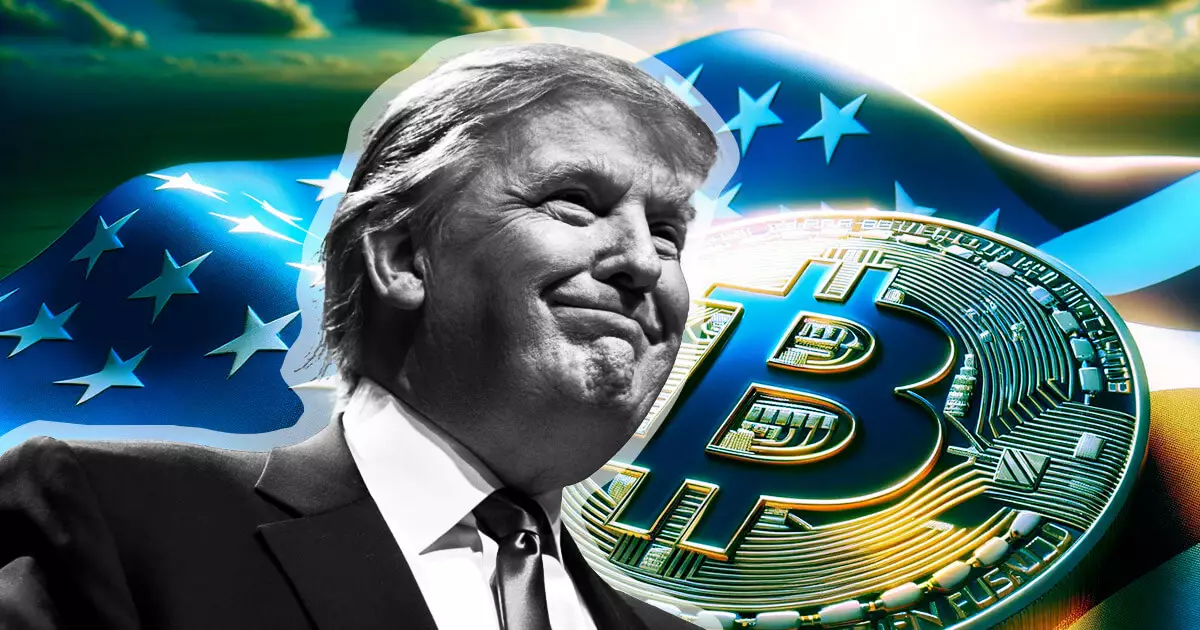President Donald J. Trump has recently made bold claims about his plans for the future of Bitcoin in the United States. He vows to make the US a “Bitcoin superpower” and maintain its lead over competitors like China. Trump’s vision includes ensuring that the US government retains the roughly 200,000 Bitcoin it currently holds, representing approximately 1% of the total supply.
While Trump’s promises may appeal to some Bitcoin enthusiasts, there are potential pitfalls to consider. His plan to fire SEC chair Gary Gensler and appoint a new regulator who supports innovation could disrupt the stability of the cryptocurrency market. Additionally, his allegations about Vice President Kamala Harris’s intentions raise questions about the political motivations behind his crypto agenda.
Trump emphasizes the importance of Bitcoin and cryptocurrency in geopolitics, suggesting that failing to adopt these technologies could result in other nations taking the lead. However, his plans to make the US a Bitcoin mining powerhouse through fossil fuels and nuclear power raise concerns about the environmental impact of such actions. Furthermore, his intention to commute the sentence of Silk Road founder Ross Ulbricht may send mixed messages about his stance on illegal activities involving cryptocurrencies.
Despite Trump’s enthusiasm for Bitcoin as an asset class and its potential to overtake gold in value, there are lingering uncertainties about his proposed policies. The crypto industry thrives on innovation and progress, but Trump’s rhetoric may overlook the need for careful regulation and oversight to protect investors and consumers. His promise to end Operation Chokepoint 2.0 could signal a more lenient approach to financial security, which may have unintended consequences.
While Trump’s ambitious vision for Bitcoin in the US may sound appealing on the surface, closer scrutiny reveals potential challenges and drawbacks. As the cryptocurrency landscape continues to evolve, it is crucial for policymakers to strike a balance between fostering innovation and ensuring responsible governance. Ultimately, the future of Bitcoin and its role in global finance will be shaped by a complex interplay of technological advancements, regulatory frameworks, and geopolitical dynamics.

